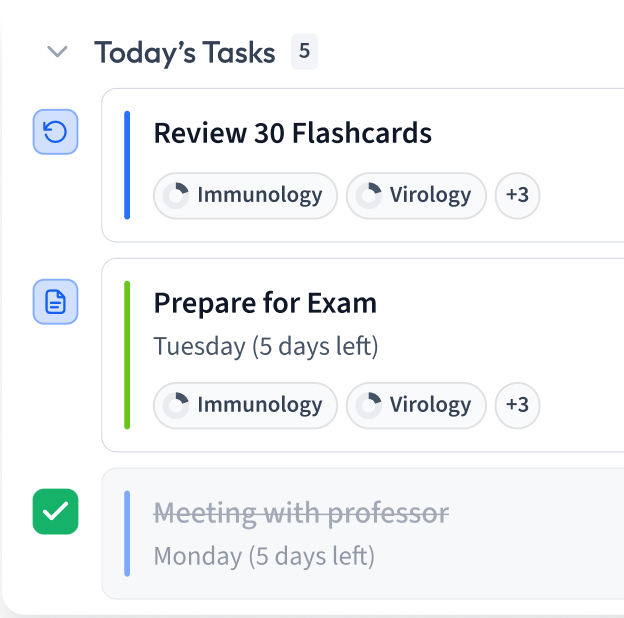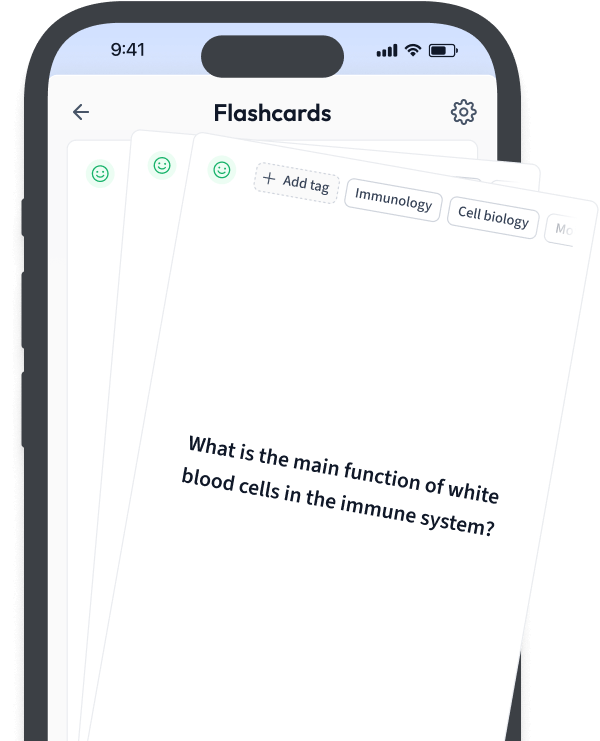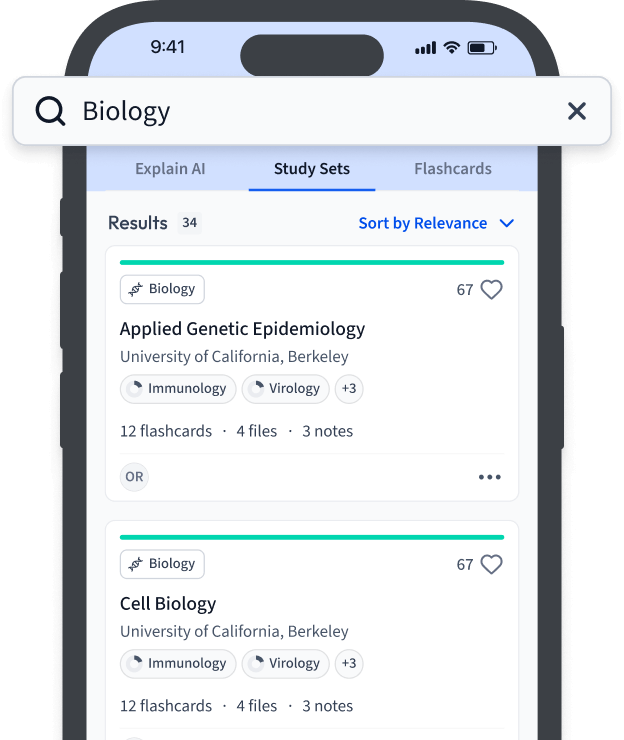| Overview: NW |
| Author of NW | Zadie Smith |
| Published | 2012 |
| Genre | Experimental literature, tragicomic novel. |
| Summary of NW | The title refers to the postal code for Northwest London, the setting of the novel. The story revolves around four main characters: Leah Hanwell, Natalie (formerly Keisha) Blake, Felix Cooper, and Nathan Bogle, all of whom grew up in the same council estate in NW London. |
| List of main characters | Leah Hanwell, Felix Cooper, Natalie Blake, Nathan Bogle. |
| Themes | Class, identity, social mobility, urban living. |
| Setting | Northwest London in the fictional council estate in Kilburn. |
| Narrative style | The novel is divided into several sections, each differing in narrative approach. Smith uses a combination of first-person and third-person perspectives, stream-of-consciousness, and other narrative techniques to portray the characters' interior lives and their perceptions of the world around them. |
| Analysis | The novel is a multifaceted exploration of modern life in urban London, delving into social issues through the lives of its four main characters. Smith's depiction of NW London is intricate and authentic, reflecting the cultural diversity and socioeconomic disparities in the area. Each character's struggle to navigate their identity and class underscores the novel's critique of societal structures. |
NW: plot summary
The novel is set in northwest London, following Leah Hanwell, Keisha (later Natalie) Blake, and Felix Cooper in their respective adult lives after leaving Caldwell, a fictional council estate in Kilburn, where they grew up.
The friendship between Leah and Keisha is central to the narrative. The novel chronicles their childhood and adolescence together, and later, their separate adulthoods, in which they both navigate the complexities of contemporary urban life. They deal with issues including class, gender, sexuality, race, education, and career goals. As their lives begin to diverge, Keisha, now Natalie, becomes a successful barrister who is able to move to a wealthier neighbourhood, whilst Leah remains in their local community. This leads to a rift between the two as they are unable to reconcile their new socio-economic differences with their history together.
Alongside this, the narrative follows Felix, a recovered addict, in his attempts to start a new life. What unites all of the characters is a central search for identity in an increasingly changing, urban world.
Fig. 1 - Zadie Smith's novel NW stands for Northwest London, where Zadie Smith grew up.
The narrative of the novel is broken into five parts. The first section, titled 'visitation', focuses on Leah's story, which opens with her falling for a scam artist; she then becomes obsessed with tracking him down. Her once happy marriage becomes fraught when her husband, Michel, suggests starting a family. Without her husband's knowledge, she secretly has an abortion and takes birth control. Leah eventually spirals into a nervous breakdown.
The second part of the novel, 'guest', pivots the narrative to a newly sober Felix as he attempts to embark upon a new life. In doing so, he visits his ex-lover to bid her a final farewell, in order to move on with his new girlfriend, Grace. On his journey home, however, he is mugged and then killed after an argument with two men on a train. A story about Felix's murder is broadcast on the news, from which the other characters learn of his death.
The third part, titled 'host', tells the story of Keisha Blake. Despite her humble childhood in Caldwell, Keisha is shown to be intelligent and ambitious, excelling in her studies and eventually attending a prestigious university. She changes her name to Natalie. She becomes a successful lawyer, moves to an affluent neighbourhood and later marries a rich Italian investment banker, Frank, with whom she has two children. It is revealed, however, that Natalie is unsatisfied with her life in spite of her successes: she leads a double life, in which she covertly arranges casual sexual encounters with strangers via the Internet.
The fourth section of the novel, 'crossing', shows the revelation of Natalie's secret to Frank, which threatens the collapse of her family and her life as she knows it. Distraught, Natalie flees her house and aimlessly wanders to Caldwell. There, she runs into Nathan Bogle, a former classmate who is now a drug dealer. The two discuss their present struggles and reflect on the past, culminating in Natalie contemplating suicide. Ultimately, however, she returns home, leaving Nathan behind.
The final section is also titled 'visitation', referencing the novel's first part. Upon returning home, Frank and Natalie attempt to resolve things but are interrupted by a frantic call from Michel, Leah's husband, who has found Leah's secret birth control pills: the revelation has sent her into a nervous breakdown. He asks Natalie for help in calming Leah down, which she manages successfully. Afterwards, during a conversation, they realise that Nathan is likely the perpetrator behind Felix's murder, which explains why he is on the run, and inform the police.
NW: book characters
The main characters of NW are Leah Hanwell, Felix Cooper, Natalie Blake, and Nathan Bogle.
Leah Hanwell
The first of the characters to be introduced. She is the child of Irish immigrants, and her childhood is presented as relatively stable. Whilst growing up on the Caldwell estate, she befriends Keisha, though it is made immediately clear that they have divergent personalities and aspirations. Leah remains in their local area and is content with her job. Leah later marries Michel, a French Algerian immigrant, who she loves but does not wish to have children with, despite his desire to start a family.
Felix Cooper
A former drug addict who is shown to be in the process of turning his life around, greatly inspired by his girlfriend, Grace. He cuts ties with people from his drug-addled past and later plans for a career in film.
Natalie Blake
The daughter of Jamaican immigrants. Born with the name Keisha, her upbringing is more humble than that of her best friend Leah. However, she remains ambitious and seeks success. At university, she changes her name to Natalie in an attempt to fit in with her new social circle. Natalie graduates, becomes a successful lawyer and later, marries well. Throughout the novel, Natalie finds it hard to reconcile her new life with her past and becomes confused by her own identity.
Nathan Bogle
A resident of Caldwell in his youth, and a former classmate of Leah and Natalie. He later becomes a drug dealer and possibly a pimp. He operates from a house on Leah's street.
NW: quotes
1. Smith describes the claustrophobic scenes of northwest London, anchoring the narrative in this specific location with particular attention to the overwhelming nature of urban living. The reader's senses are bombarded by Smith's engaging, snappy descriptions.
Sweet stink of the hookah, couscous, kebab, exhaust fumes of a bus deadlock. 98, 16, 32, standing room only—quicker to walk! Escapees from St Mary's, Paddington: expectant father smoking, old lady wheeling herself in a wheelchair smoking, die-hard holding urine sack, blood sack, smoking. Everybody loves fags. Every-body. Polish paper, Turkish paper, Arabic, Irish, French, Russian, Spanish, News of the World.- ('visitation', p. 10)
2. Here, Smith illustrates the multicultural nature of Kilburn, exploring the area and vividly creating detailed scenes on the neighbourhood's high street. This, however, is tinged now by Natalie's unease about her life and her identity. Smith also breaks the fourth wall here, directly addressing the reader: 'You're welcome.'
Walking down Kilburn High Road Natalie Blake had a strong desire to slip into the lives of other people. It was hard to see how this desire could be practicably satisfied or what, if anything, it really meant. 'Slip into' is an imprecise thought. Follow the Somali kid home? Sit with the old Russian lady at the bus stop outside Poundland? Join the Ukrainian gangster at his table in the cake shop? A local tip: the bus stop outside Kilburn's Poundland is the site of many more engaging conversations to be heard in the city of London. You're welcome.
- ('host', p. 279)
3. Smith gives us insight into Leah's thoughts, which exposes a crucial difference between her and Michel. They are both frustrated by their economic situation. However, whilst Leah prioritises 'morals', Michel does not. Instead, his desire to be 'rich' comes from a desire for social mobility.
Privately she thinks: you want to be rich like them but you can’t be bothered with their morals, whereas I am more interested in their morals than their money, and this thought, this opposition, makes her feel good.
- ('visitation', p. 80)
NW: themes
The themes of the novel NW are class, the search for identity, and urban living.
Class
One of the most pervasive themes of the novel is class. Each character struggles with their identities as they pertain to their social status. Leah and Natalie struggle to maintain their friendship in adulthood as they become economically divided. Leah begins to resent Natalie's successes as it seems they no longer have much in common, apart from their history.
Natalie herself struggles to reconcile her identity as the child of working-class immigrants with her successes and new economic freedoms. She is the first member of her family to be socially mobile. She feels increasingly alienated from her heritage and culture in her new social circles, and no longer feels connected to her past.
Smith examines class in a particularly interesting way throughout the novel. She presents modernity in the restructuring of the class system. What once was an elite group has now become more accessible through the democratisation of education and so, wealth. Natalie symbolises immigrant success in an increasingly competitive London and the effects of a class system that, whilst changing, is still restrictive, with harsh disparities in wealth.
Access millions of flashcards designed to help you ace your studies
Sign up for free
A search for identity
The characters of NW are all united by their desire to find an authentic sense of self. Through this, Smith suggests that modern society is so fractured that individuals must all seek to discover an honest identity. In an increasingly changing world, particularly in urban settings, there seems a lack of clarity on how one must reconcile social expectations, new liberties, economic prospects, social standing, and cultural heritage.
Urban living
NW anchors itself in its geographical location from the title alone: it is an unmistakably urban novel. Throughout, Smith makes various references to London streets, signs, locations, buildings, parks, and bridges that the characters traverse. Smith's descriptions are so vivid that in parts, the reader is forced into these scenes, making the narrative feel all the more real.
The urban cityscape further underscores the theme of class, especially since geography and social status are linked. Neighbourhoods serve as social markers which inform the characters' identities and aspirations.
NW: literary devices
Smith creates a particularly interesting narrative, broken into five parts, that operates in a non-linear timeline.
A non-linear narrative is one that does not operate chronologically. Events in the story do not occur in the order in which they happened.
This is complicated further by the various other literary devices that Smith uses. Within the different sections of the novel, Smith switches between third-person and first-person narration, changing based on the character's interactions and inner thoughts. This serves to juxtapose an intimacy between the reader and the characters with the alienating omniscience of the city.
Smith also experiments with form throughout the novel. In parts we are shown flashback scenes, vignettes, and in others, text message chats, stream-of-consciousness narration and map directions. Smith's interesting blending of these devices creates a chaotic narrative that resists traditional structures, mirroring the characters' frantic searches for identity in a confusing society. The focus, therefore, becomes realigned on the characters, rather than plot events.
Stream-of-consciousness is a narrative technique in which a writer describes a character's thoughts and feelings in an attempt to more closely depict their inner monologue. This provides a deeper insight into the character's motivations and actions.
Vignettes are short scenes in a narrative that remove the reader from the immediate plot to focus on a single scene, or brief period in time, in much more detail. These scenes are often filled with vivid descriptions and evocative imagery to highlight a key moment that might become important in the plot, or to help understand a character better.
NW Zadie Smith - Key takeaways
- NW was published in 2012 by British novelist Zadie Smith. The title comes from the NW postcode of northwest London, where the novel is set.
- The narrative is split into five parts. The narrative also presents a non-linear timeline, with plot events happening out of order.
- The main characters of the novel are Leah Hanwell, Keisha (Natalie) Blake, and Felix Cooper.
- The novel explores themes including class, culture, urban living, and identity.
- Different literary forms are used throughout the novel, including flashbacks, stream-of-consciousness, and others.
















